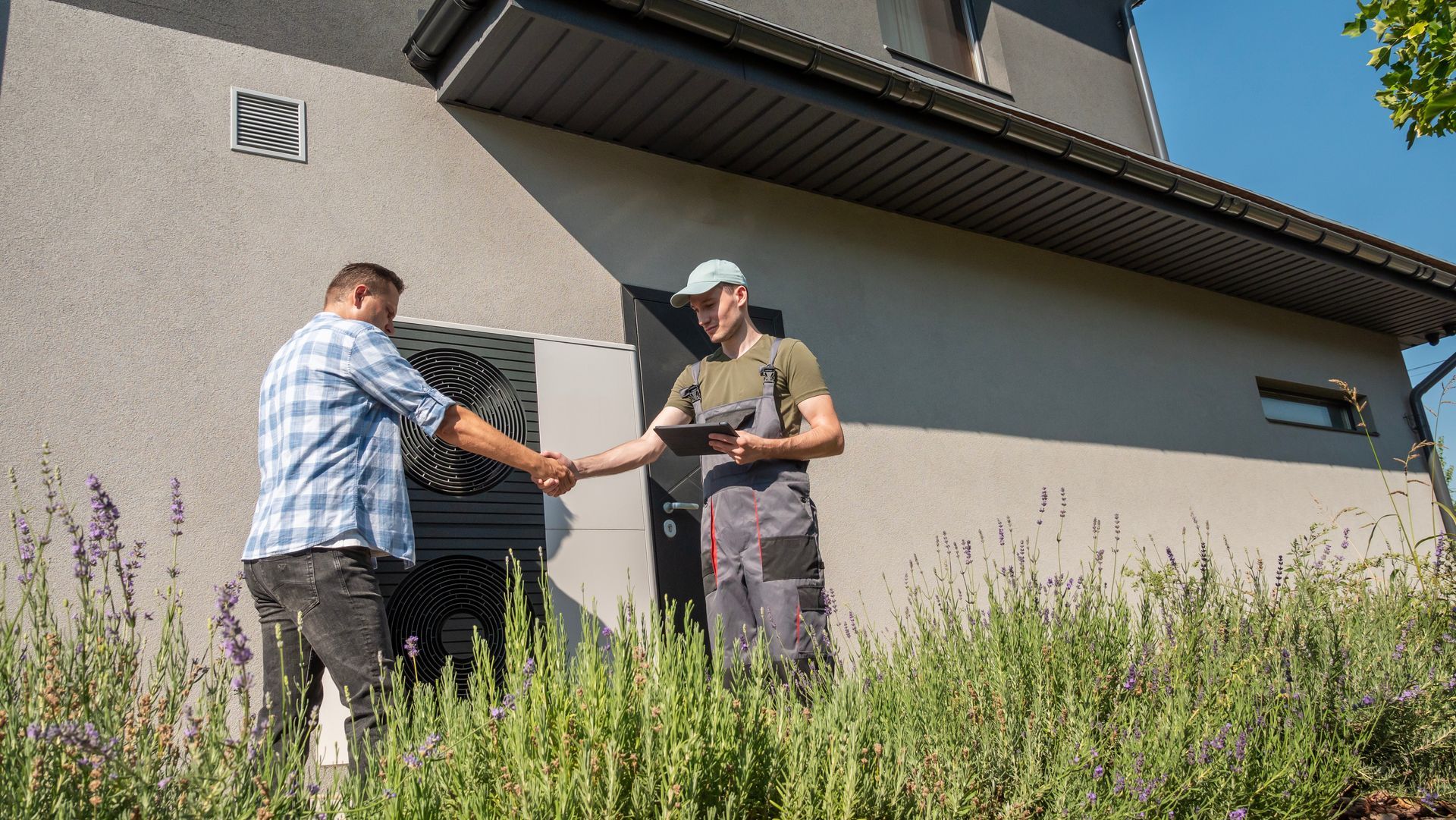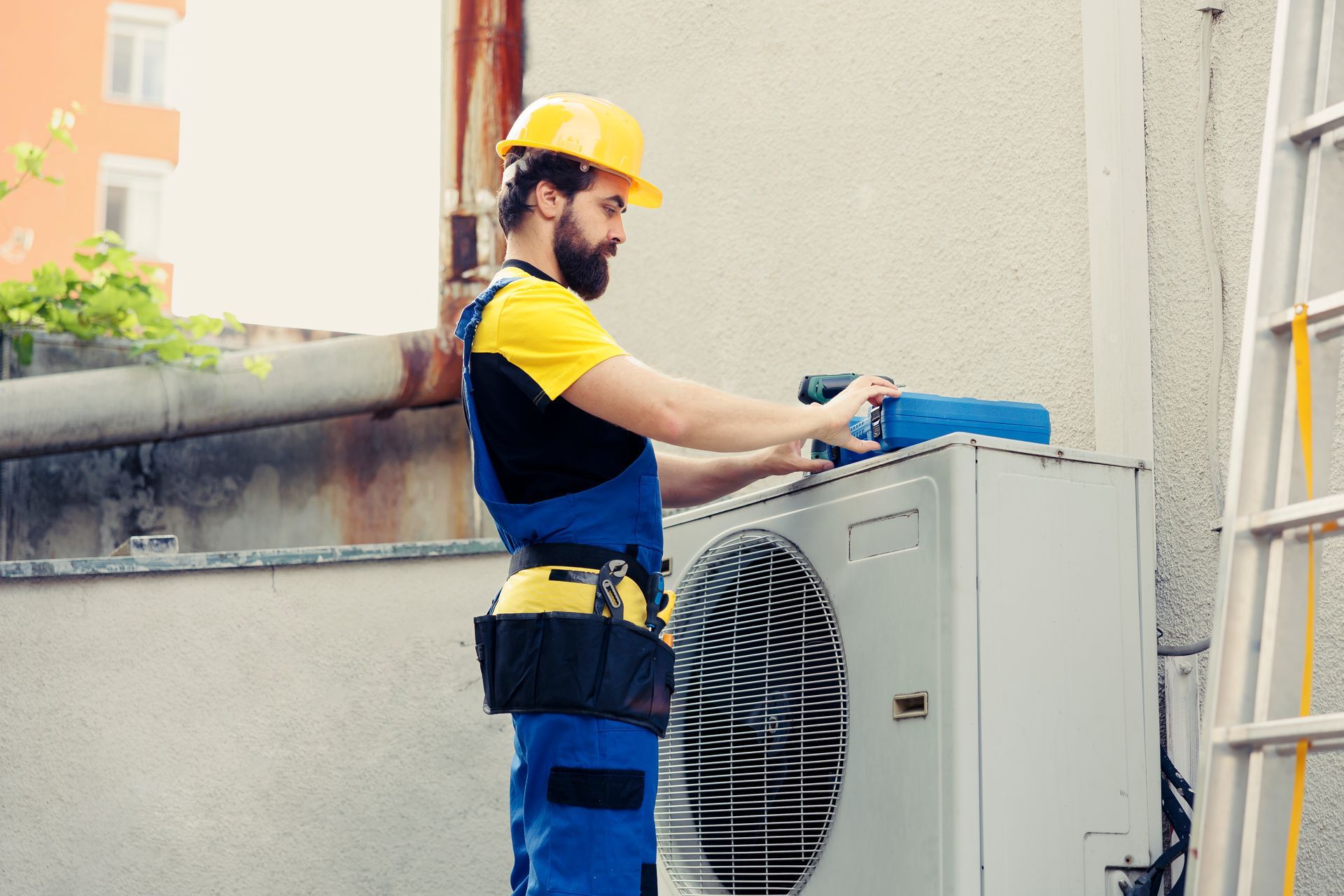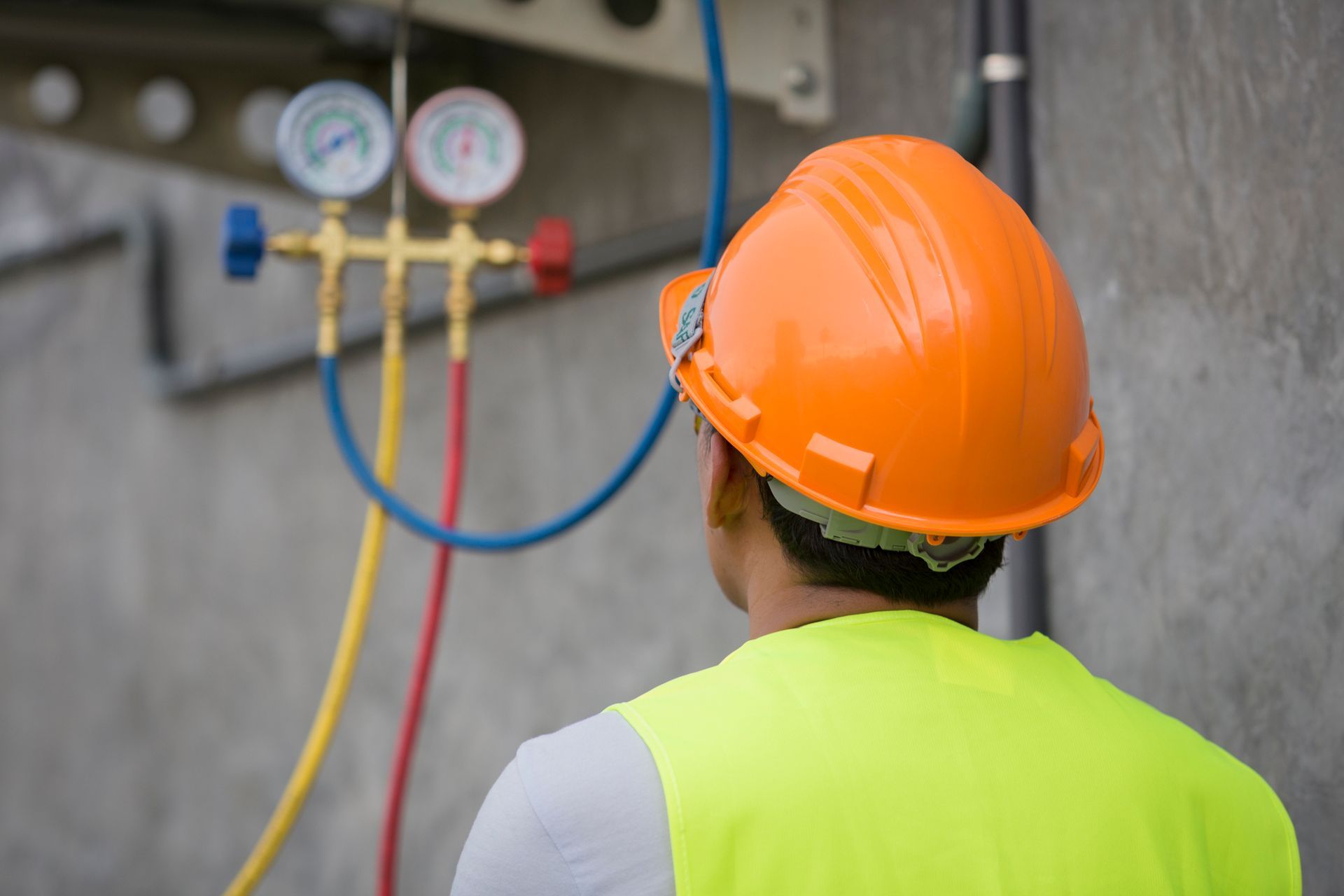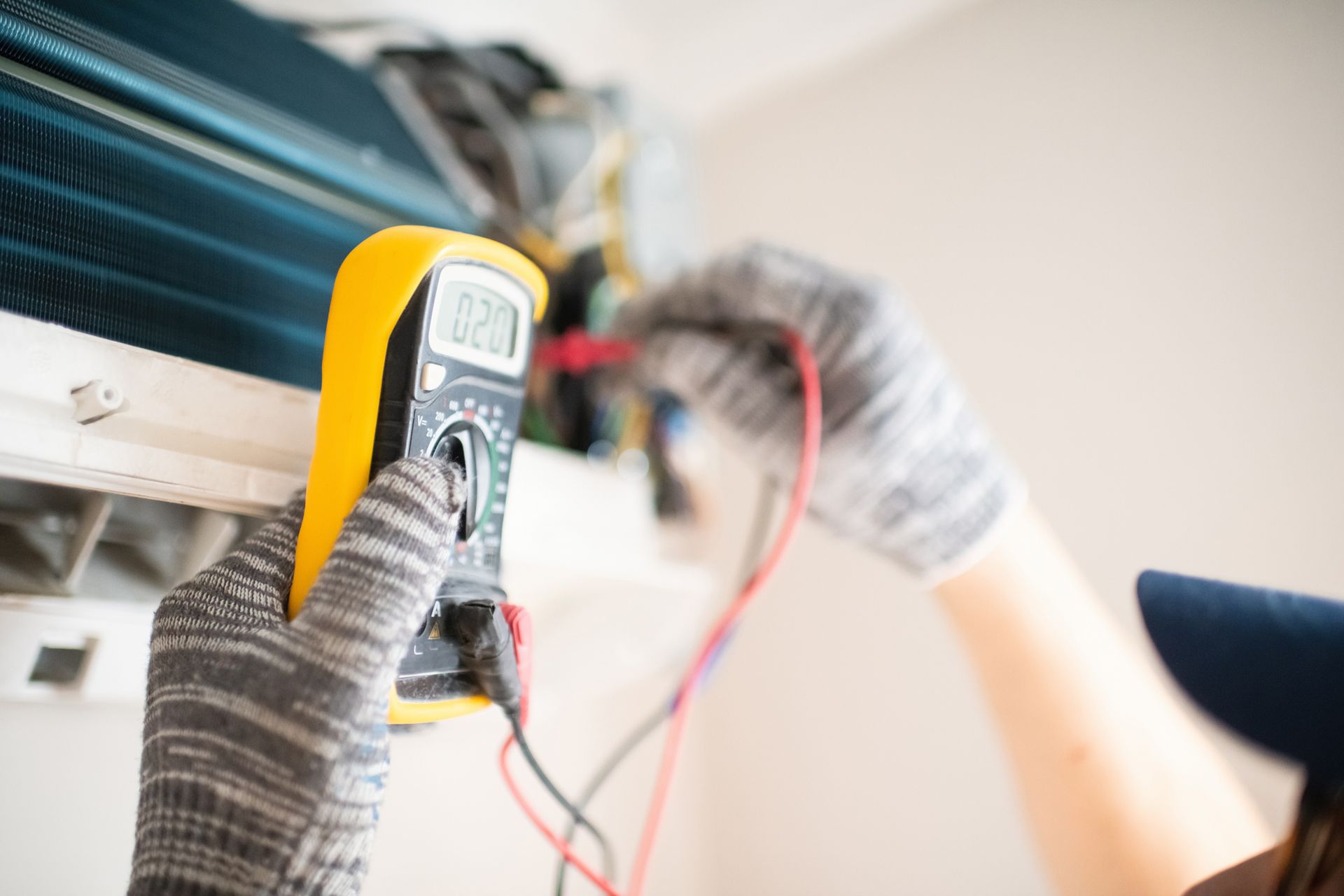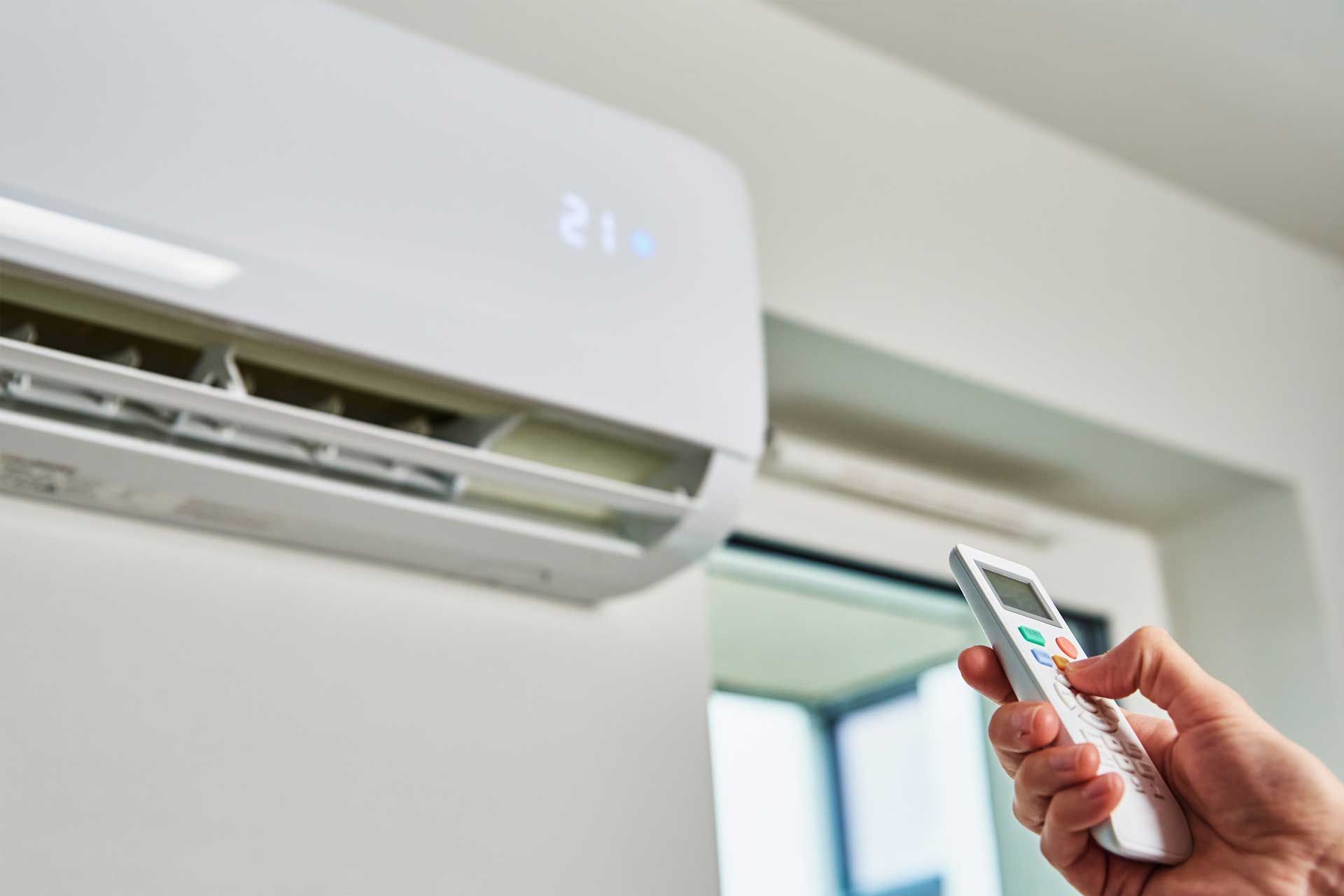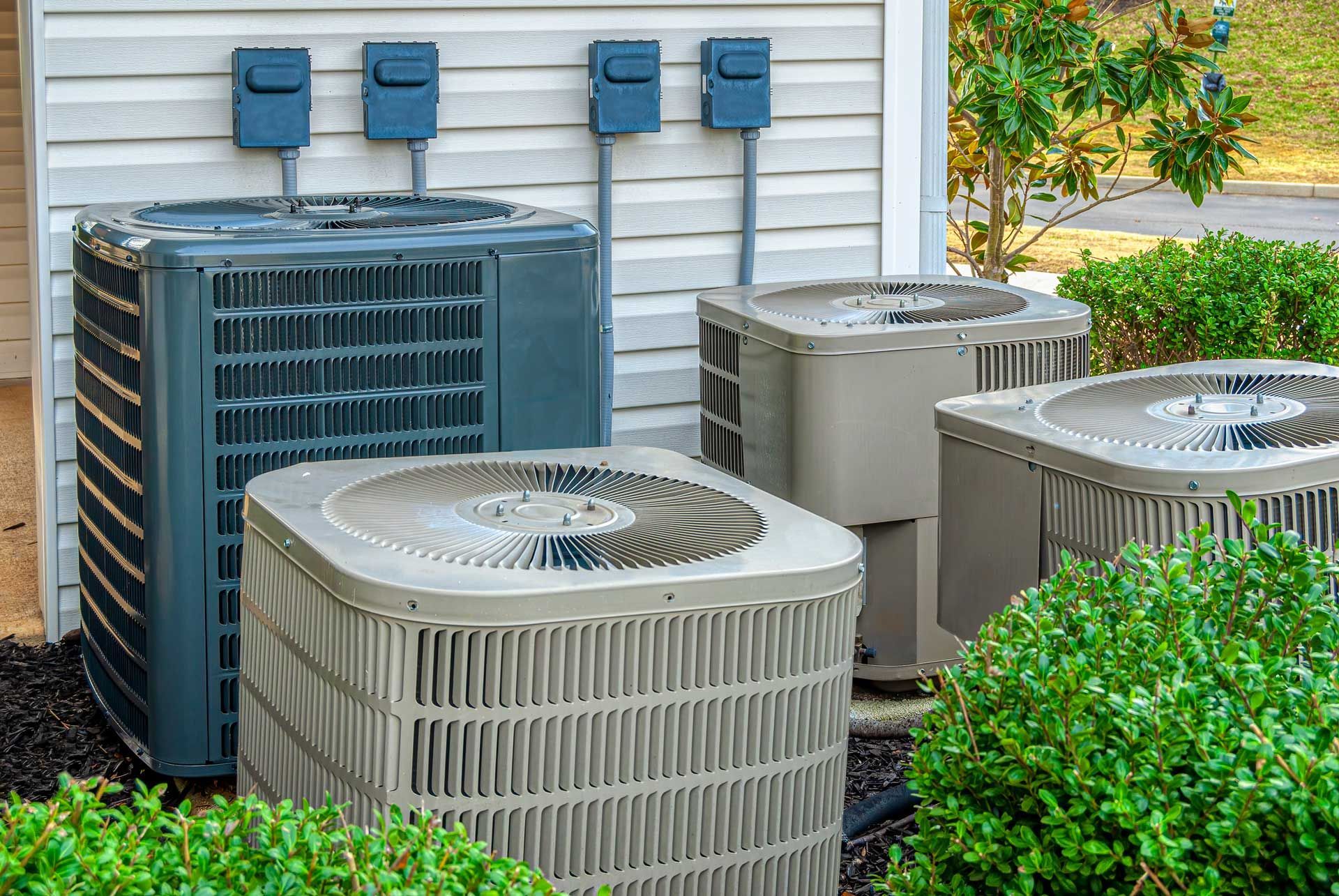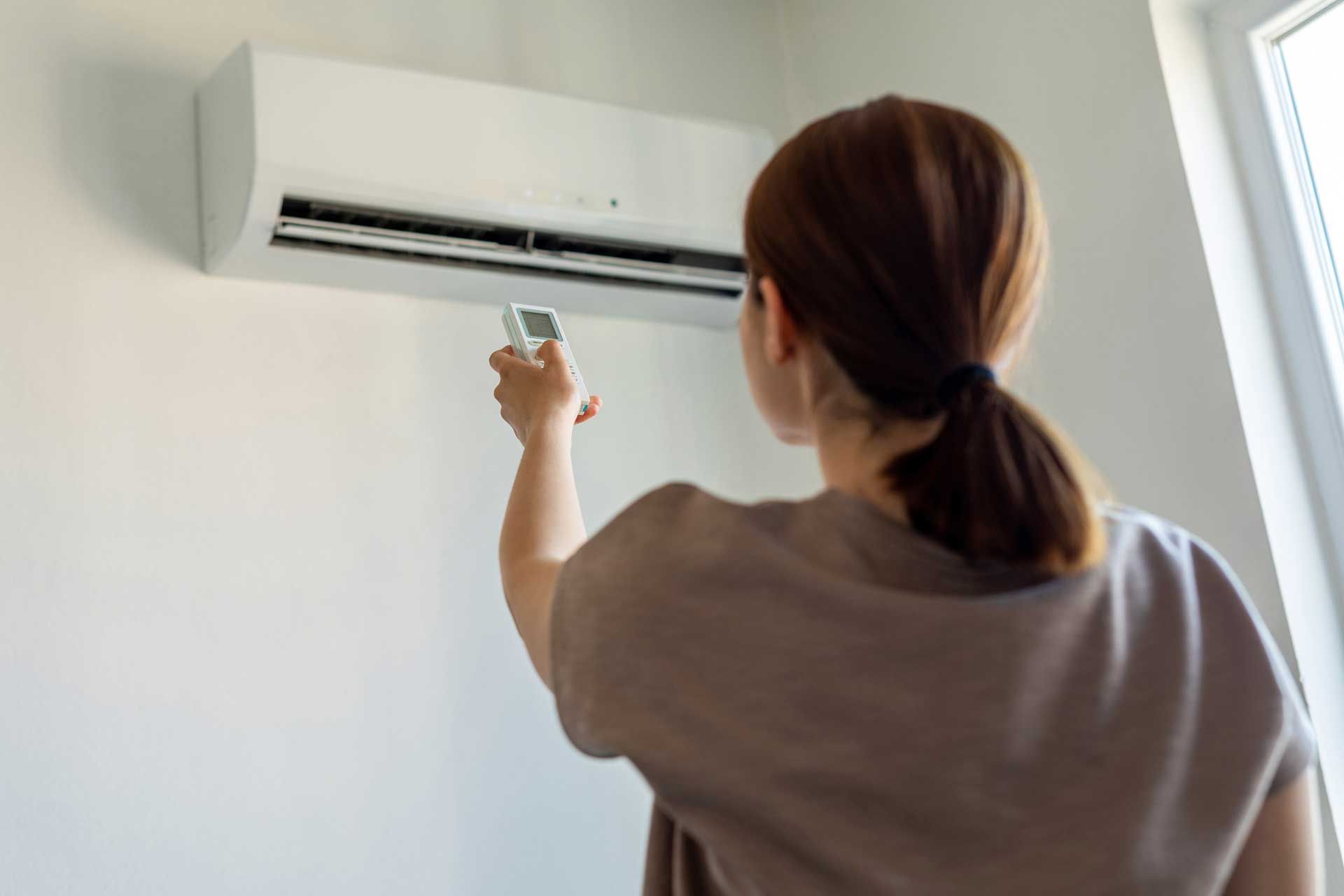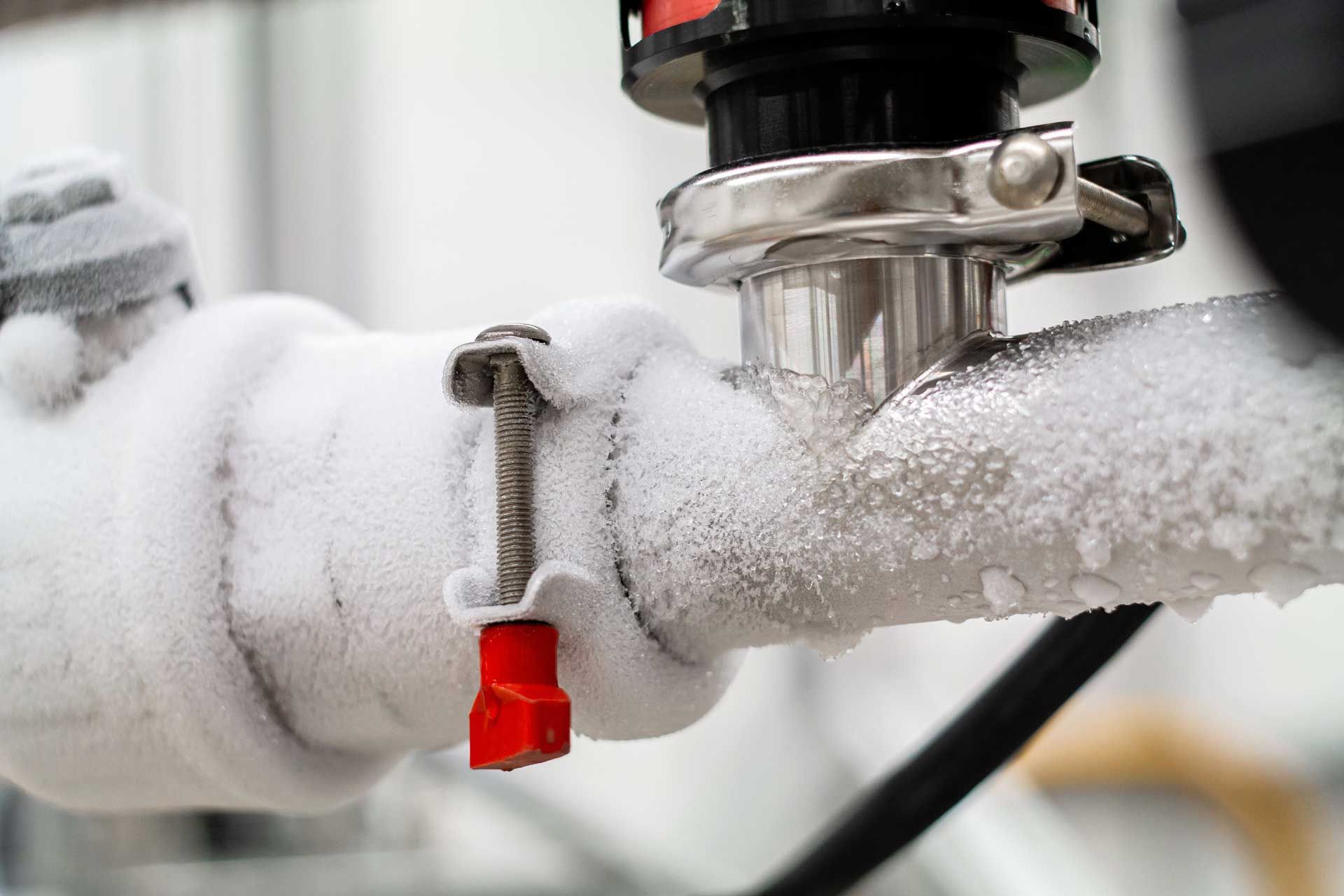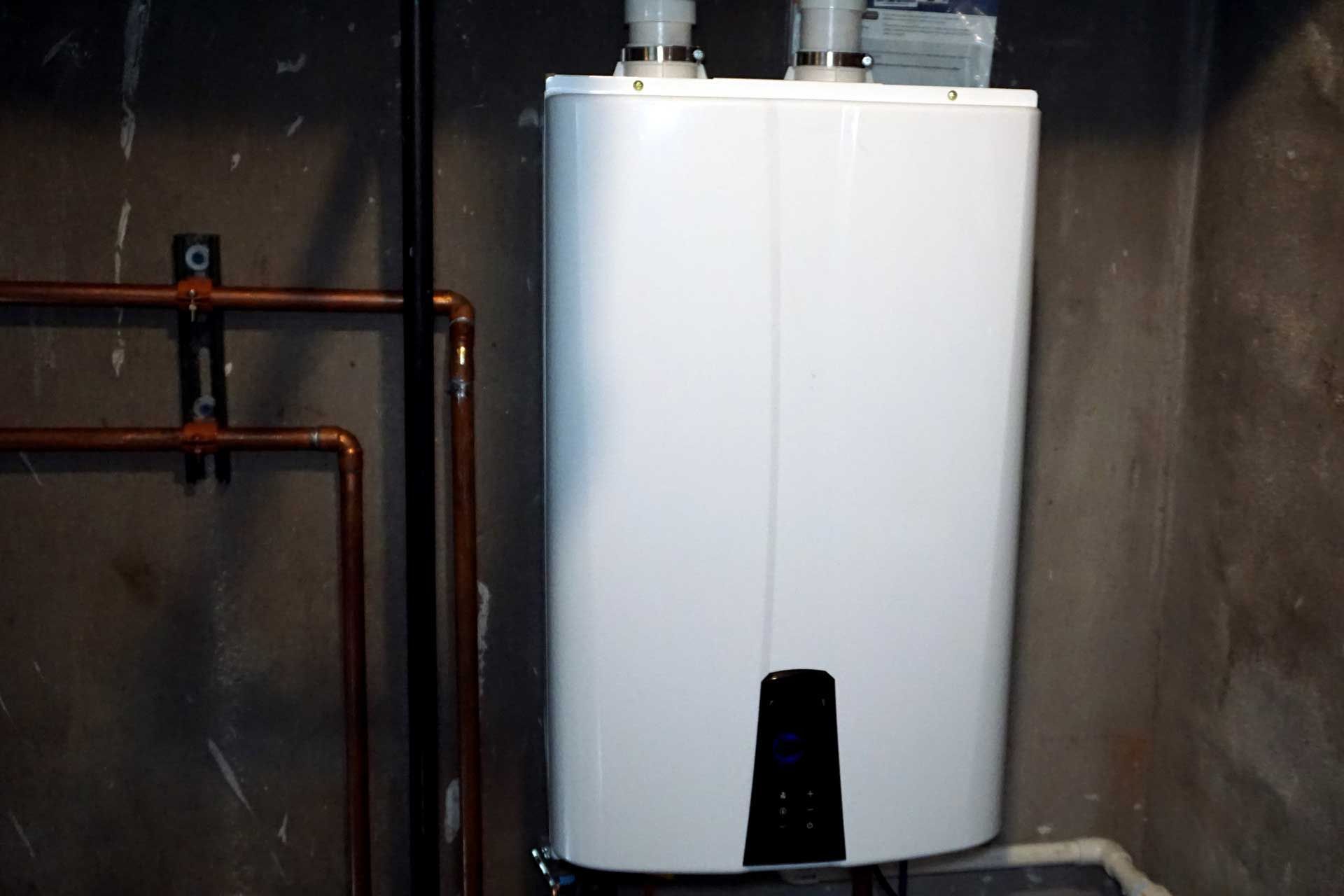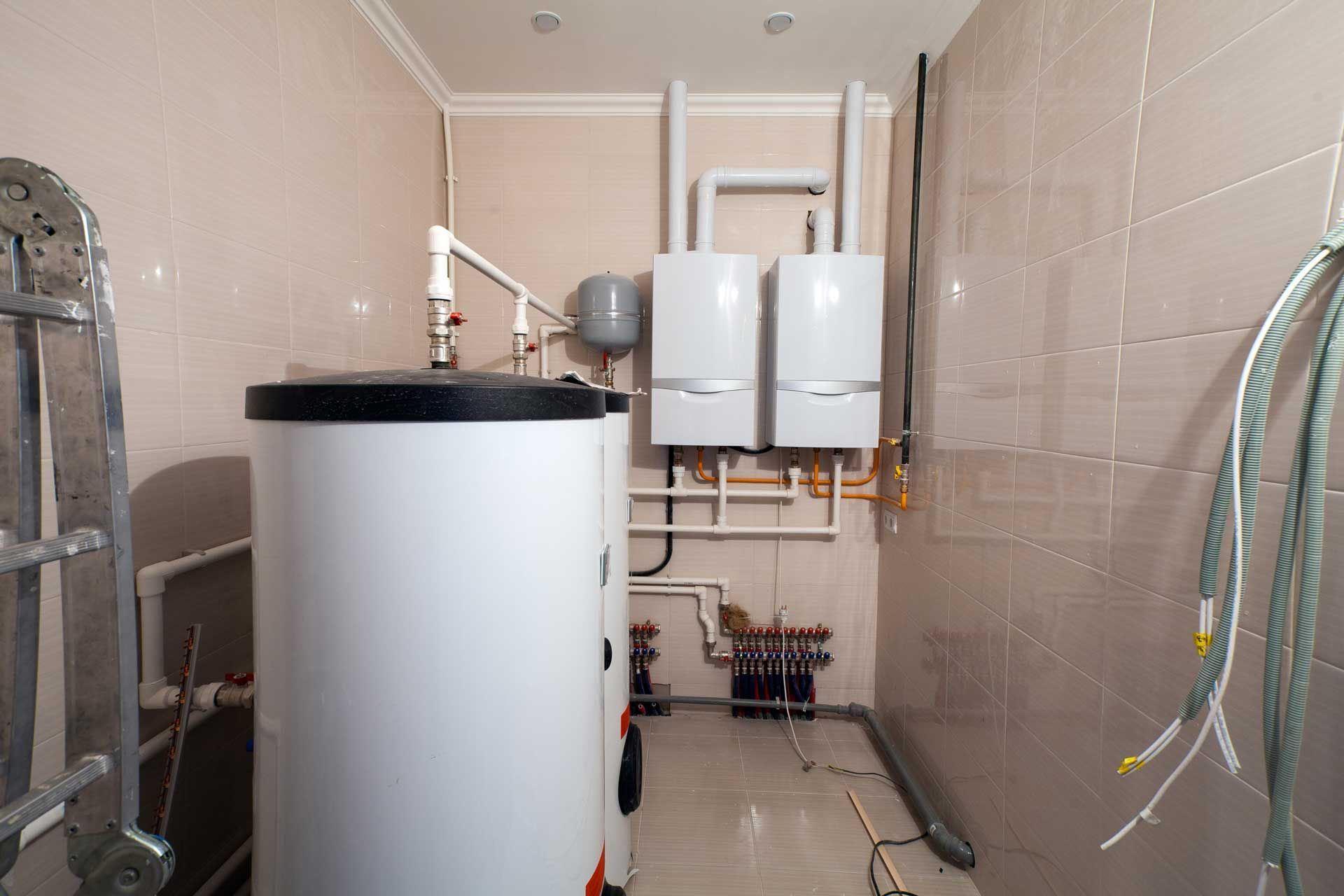4 Ways a New AC Unit Is More Eco-Friendly
October 29, 2018
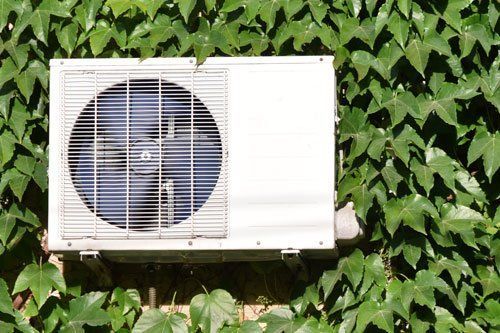
You may have heard that you should replace your old AC unit, but if you're environmentally minded you might feel it's more responsible to use up the old one until it falls apart first. However, you can actually make your day-to-day environmental footprint smaller if you invest in a new unit. Here's how.
1. Efficient Cooling Ability
Newer AC systems aren't the energy hogs they were a decade or two ago. In fact, if you have an older unit, you may have very outdated energy costs. Just buying any new unit could help reduce your energy costs significantly by using newer cooling technology.
This change in efficiency is partly because the standards in the U.S. have changed so that, in most states, all new central AC units are rated at SEER 14 (seasonal energy efficiency rating) or above. To give you an idea of what that means for your energy use, a SEER 15 unit can save you about 33% overall compared to an old unit rated SEER 10. And a SEER 20 unit can save you 50%
.
These new technologies and efficiency standards aren't just groundbreaking for your wallet. They can also make a real difference in your carbon footprint while still letting you live a comfortably cooled life.
2. Correct Size
Your house may have a correctly sized unit already. But if the house size wasn't calculated correctly, or if the house has had additions built recently, your AC system could be too large or too small. If your unit turns on and off frequently or seems to be always on, or if your house doesn't seem to get cool in the summer, this could be your situation.
A too-small unit is inefficient (as well as ineffective) because it has to work harder than it was designed to. It may run constantly, use more energy, and wear out faster than intended, meaning more AC components end up in the landfill. A too-large unit, on the other hand, is wasted on your small home; it can wear out quickly, too, due to constant on-off cycling.
Replace a too-large or too-small unit to help you avoid these problems and avoid wasting energy and wearing out your system too fast. Be sure to have an expert contractor calculate the correct unit size for you based on your current house size, your climate, and other relevant factors.
3. Alternative Energy Source
If you're looking into going off-grid or even just reducing your dependence on fossil fuels by installing a few solar-powered items around your home, a solar-powered AC unit may be right for you. In order to solarpower your AC, you can either buy a package that comes with a unit and solar panels, or you can simply buy solar panels separately and hire an electrician.
Either way, you will need a super-efficient AC in order to feasibly go off-grid. The more efficient your unit is, the more likely it is that you can power it reliably with just a few solar panels.
4. Eco-Friendly Coolant
If you've noticed the prices of R-22 refrigerant lately, you may have heard it's no longer the coolant of choice (it becomes illegal at the beginning of 2020). Newer AC units use an alternate refrigerant, typically R-410A, which is better for the environment.
That's all well and good, but you can't put the alternate refrigerant in a system designed for R-22 or it will malfunction. So in order to reap the benefits of switching to a more ozone-friendly refrigerant, you'll need to buy a new AC unit. Fortunately for you, the standard now is to design and build all the commonly used AC units to be compatible with R-410A, so you don't have to look far to find a usable model.
These four points show how buying a new AC unit gives you the opportunity to make your life more ecofriendly while still staying comfortable during the summer. If you need help finding the right size air conditioner, understanding the technical specifications, or replacing your old unit with the new one, get in touch with Preferred Mechanical Services
today.
